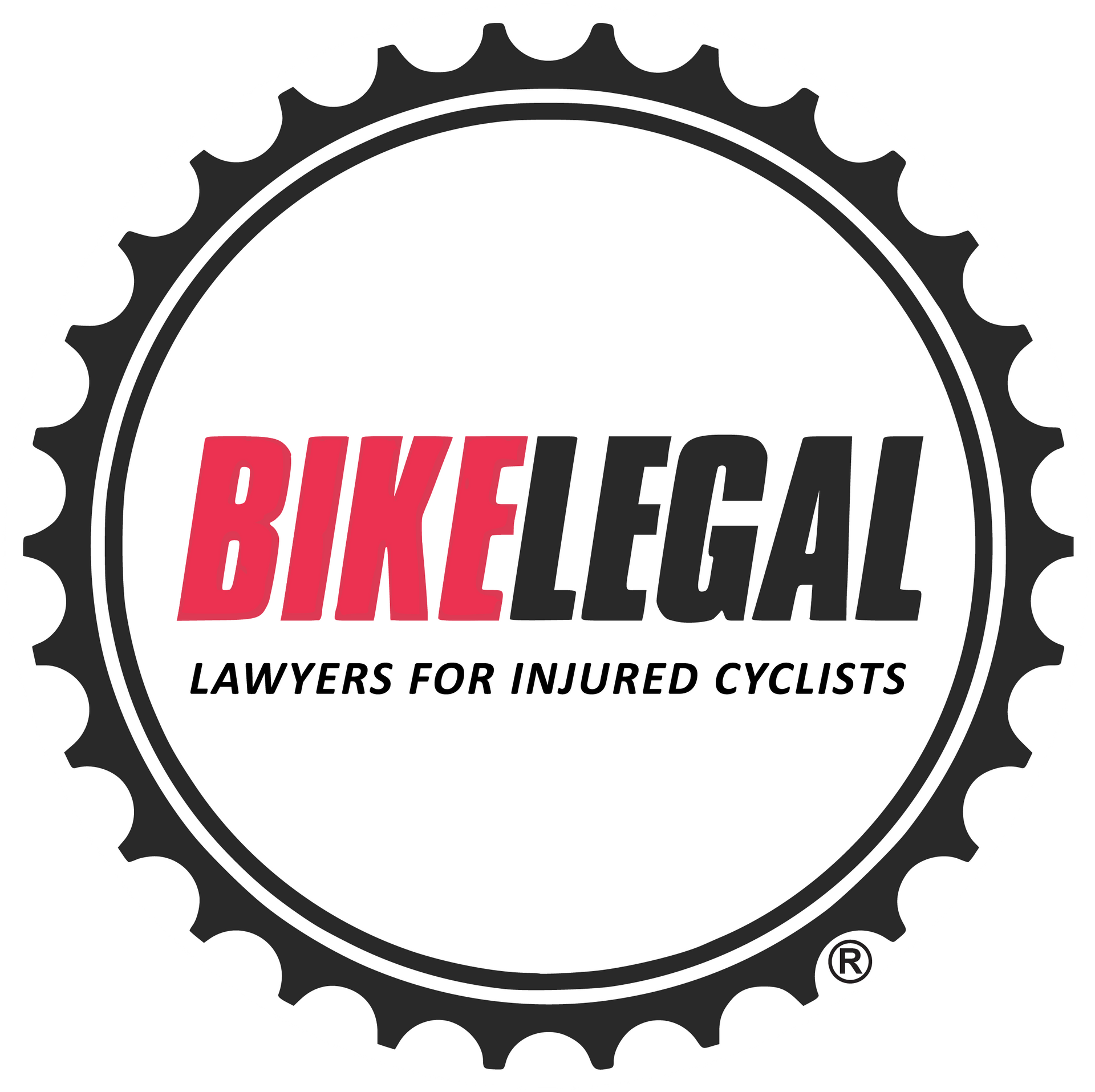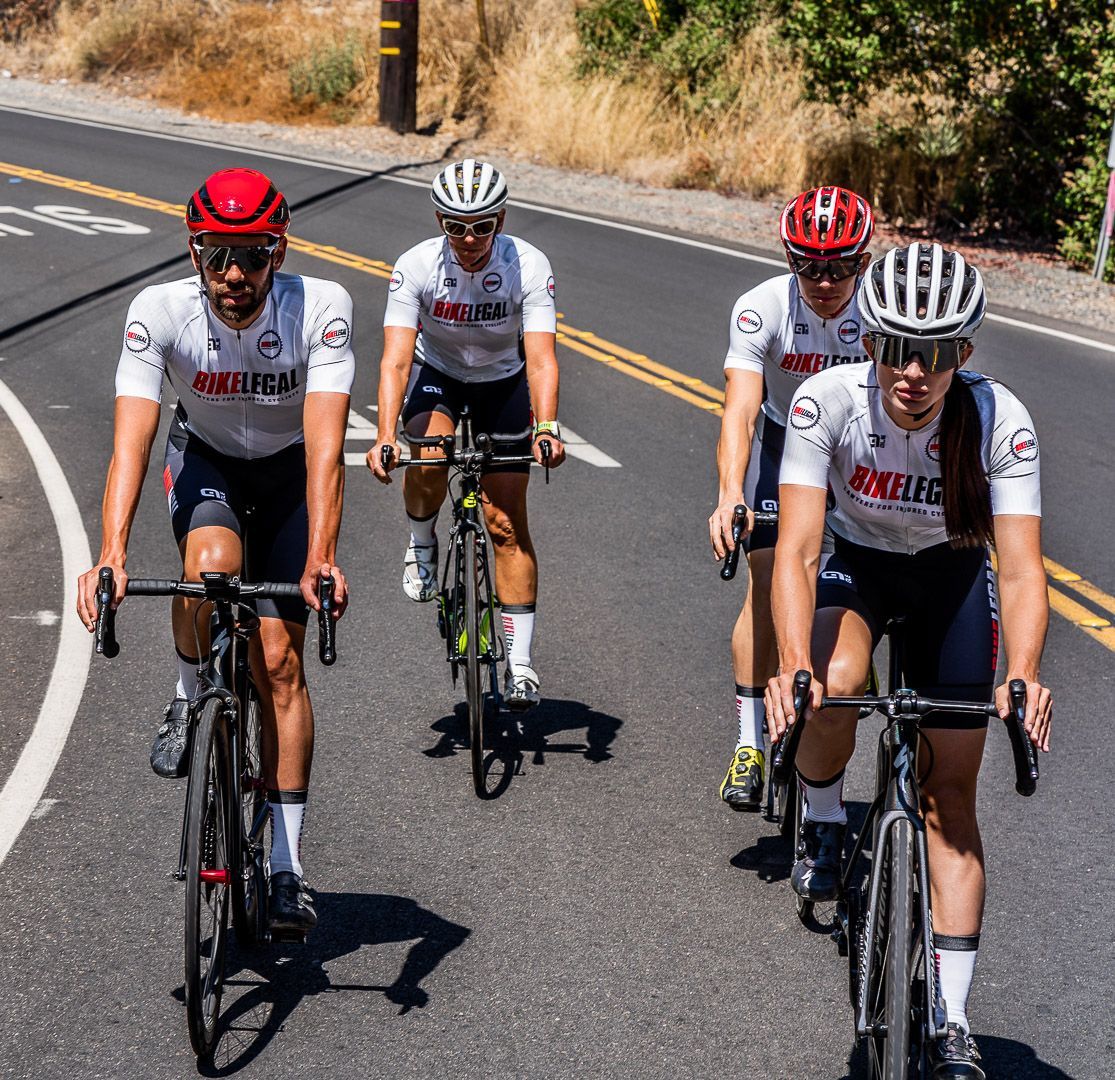LAPD’s New Policy Leaves Crash Victims Without Police Reports—Here’s What You Need to Do
Follow us on
social media!
The Los Angeles Police Department’s updated policy on traffic collision reports has left many crash victims, particularly cyclists and motorists, without official documentation of their collisions. Under the new guidelines, officers may no longer file reports for minor collisions unless significant injuries or major property damage are involved.
With the LAPD no longer filing police reports for many accidents, the responsibility of evidence collection now falls on victims. To protect your rights after an accident in Los Angeles, it’s crucial to take proactive steps. If no police report is filed, you must thoroughly document the scene by taking photos of vehicles and injuries, collecting contact and insurance details from all parties involved, and securing witness statements to support your claim.
1. Los Angeles Police Department (LAPD) Updated Accident Reporting Policy
As of January 13, 2021, the Los Angeles police department implemented a new policy limiting when officers respond to traffic accidents. Police will now only respond to accidents involving:
- DUI or other crimes.
- Substantial visible injuries, such as broken bones.
- Ambulance transport from the scene.
If an accident does not meet these criteria, it is categorized as “minor,” and officers may not be dispatched.
Victims of accidents deemed “minor” are now directed to file a full collision report themselves through the Lexis Nexis online collision report system. However, even in cases involving ambulance transport or serious injuries, officers have failed to arrive or file an official collision report themselves.
But, why has the policy changed? This policy is a result of budget cuts following calls to defund the police, which have reduced officer availability for non-emergency situations.
2. Example Scenario: A Cyclist’s Struggle After a Bicycle Accident in Los Angeles
Steve, a cyclist in Los Angeles, is struck by a car that turned right in front of him. The driver stops, and someone calls the police. Although Steve can stand and move out of traffic, he complains of severe shoulder pain, multiple abrasions, and a cracked helmet. When the LAPD arrives, they ask if he wants an ambulance. Concerned about the high cost of medical treatment, Steve declines and calls his wife to take him to the emergency room instead.
In a state of trauma and confusion, Steve assumes the police have documented everything, including witness statements, photos, and the car driver’s full details. However, at the ER and in the days following, he discovers his injuries are far more severe than they initially seemed—multiple broken ribs, a fractured clavicle that requires surgery, and a traumatic brain injury (TBI) causing memory issues. He is unable to work for weeks and faces mounting medical bills. His $9,000 bicycle also has a cracked frame and broken handlebars, requiring full replacement.
When Steve contacts a bicycle accident attorney to seek compensation for his injuries and damages, the attorney asks about the police report and other documentation from the scene. Steve explains that the police were present and assumes they filed a report.
Unfortunately, he learns that no police report was ever filed, leaving no official record of the incident. Critical details like the date, driver’s license number, vehicle license plate, witness contacts, and a detailed account of the car crash are missing.
The other driver’s insurance disputes Steve’s accident account and denies fault. Without sufficient evidence, the LA Cycling attorney faces significant challenges in proving negligence, making it difficult to recover compensation for medical expenses, lost wages, and the cost of replacing the damaged bicycle.
This scenario highlights the critical importance of gathering your own evidence at the scene of an accident in Los Angeles.
With LAPD’s policy of not filing police reports for perceived non-severe injuries, cyclists must take proactive steps to protect their rights and ensure they have the necessary documentation to pursue compensation.
If you’re searching for a bicycle accident lawyer near me, our team at Bike Legal can assist you wherever you are in Los Angeles.
Read More: 20 Types of Bicycle Accidents & Prevention Tips
3. Why Police Reports Matter
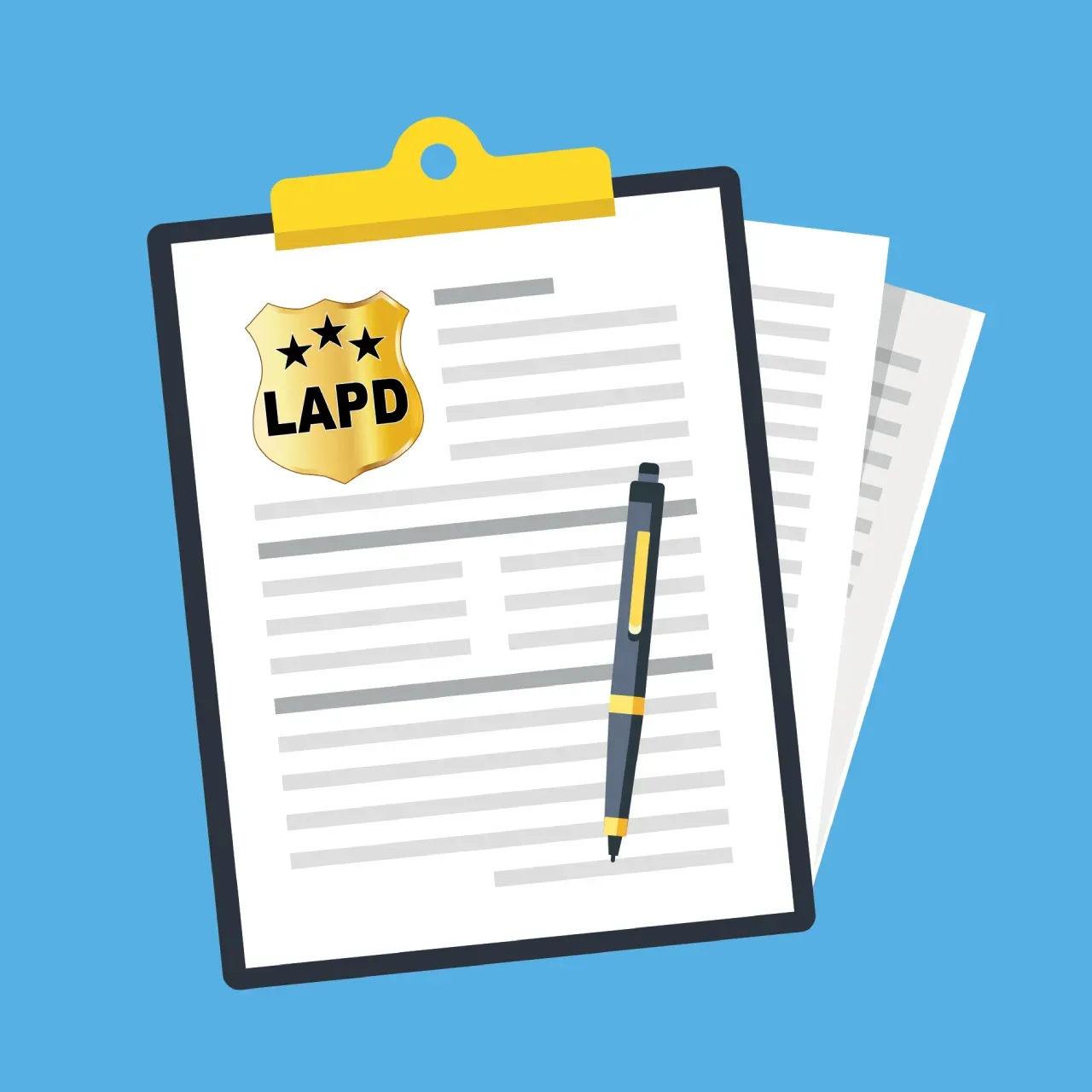
Police reports are necessary proof for bicycle and car accident cases because they:
- Provide an official, neutral record of the incident.
- Include the officer’s observations, like vehicle damage and road conditions.
- Document witness statements with contact details.
- Outline the officer’s conclusions about who is at fault.
If no police report is filed, victims face these challenges:
- Proving Fault: You’ll need to rely on your evidence to show who was responsible.
- Insurance Problems: Insurance companies may never be identified or may argue against your claim or reduce payouts without a police report.
- Lost Evidence: Important details like witness information, video footage, or vehicle damage may be missed.
4. Steps to Take at the Scene of an Accident in Los Angeles
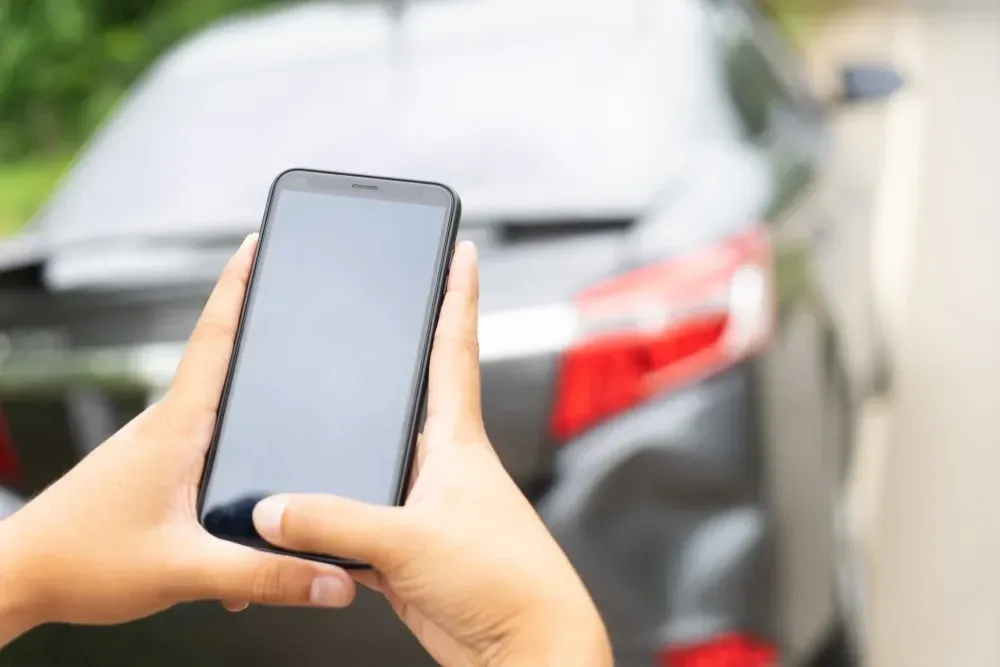
If you are involved in a crash in Los Angeles, do not assume the LAPD will document the incident. Take the following steps to protect yourself and gather critical evidence:
- Take Photos – Use your phone to photograph the accident scene, vehicles, road conditions, signage, damage to bikes or cars, helmet damage, and any visible injuries.
- Find Witnesses – Identify and collect the names and contact details of anyone who saw the crash. Witness statements can be crucial in proving fault.
- Collect Key Information – Obtain the driver’s name, contact details, license number, insurance information (including policy number and insurer), and vehicle license plate number.
- Document Everything Yourself – Do not rely on others to share information or photos later. Use your own phone to ensure you have all the necessary evidence.
- Get Medical Attention – Many injuries, such as concussions, may not be immediately noticeable and can worsen days or even weeks after a crash. Even if you feel fine, seeking medical treatment as soon as possible ensures proper care and creates a crucial paper trail documenting your injuries and recovery.
- File a Report Yourself – If the LAPD does not file a report, visit a local police station to submit your account of the incident.
- Save Evidence – Secure any available video footage, such as dashcam or surveillance footage, before it is lost.
- Talk to a Los Angeles bicycle accident law firm – Contact a Los Angeles bicycle accident attorney as soon as possible. An attorney can help gather additional evidence, deal with insurance companies, and strengthen your claim.
Taking these steps immediately after a crash can make the difference between securing compensation and losing critical evidence needed to prove fault.
5. Legal Requirements for Drivers After an Accident in LA
Under California law, drivers involved in an accident must take specific actions, including:
- Reporting to Authorities:
- Accidents involving injury, death, or property damage exceeding $1,000 must be reported within 24 hours to the California Highway Patrol (CHP) or local police.
- The report must include details of the accident, such as the parties involved and the extent of damages.
- Filing an SR-1 Form:
- If the accident meets the criteria above, drivers must also file an SR-1 form with the Department of Motor Vehicles (DMV) within 10 days of the incident.
Point of Note: Many drivers mistakenly assume that bicycles are worth less than $1,000 and believe reporting isn’t necessary. In reality, most bicycles, especially high-end models like e-bikes, far exceed $1,000 in value, with many costing $5,000 or more.
The obligations are outlined in the California Vehicle Code, Division 10, Chapter 1, Section 20008:
DIVISION 10. ACCIDENTS AND ACCIDENT REPORTS [20000 - 20018] ( Division 10 enacted by Stats. 1959, Ch. 3.) CHAPTER 1. Accidents and Accident Reports [20000 - 20018] ( Heading of Chapter 1 added by Stats. 1989, Ch. 281, Sec. 2. ) 20008.
(a) The driver of a vehicle, other than a common carrier vehicle, involved in any accident resulting in injuries to or death of any person shall within 24 hours after the accident make or cause to be made a written report of the accident to the Department of the California Highway Patrol or, if the accident occurred within a city, to either the Department of the California Highway Patrol or the police department of the city in which the accident occurred. If the agency which receives the report is not responsible for investigating the accident, it shall immediately forward the report to the law enforcement agency which is responsible for investigating the accident.
On or before the fifth day of each month, every police department which received a report during the previous calendar month of an accident which it is responsible for investigating shall forward the report or a copy thereof to the main office of the Department of the California Highway Patrol at Sacramento.
(b) The owner or driver of a common carrier vehicle involved in any such accident shall make a like report to the Department of California Highway Patrol on or before the 10th day of the month following the accident.
The consequences of failing to report are as follows:
- Loss of Driving Privileges: The DMV may suspend or revoke your license for non-compliance.
- Criminal Charges: Not reporting an accident involving injuries or death could result in hit-and-run charges, which carry criminal penalties.
- Insurance Challenges: Without proper reporting, filing or pursuing an insurance claim may be difficult, leaving you financially vulnerable.
6. Challenges That Accident Victims Face in Los Angeles
Accident victims in Los Angeles often face unique difficulties that can make it harder to protect their rights and secure fair compensation. Some of the common issues include the following:
- Relying on Police for Documentation: Many victims assume the police will collect all the necessary information, but under LAPD's policy, this isn’t always the case.
- Injuries or Shock: The stress and confusion after an accident, combined with physical injuries, often prevent victims from properly documenting the scene.
- Limited Knowledge: Cyclists and pedestrians may not be as familiar with legal and insurance requirements as motorists, leaving them at a disadvantage.
Fortunately, these challenges can be managed with the right approach. Here’s what you can do:
- Take Initiative: Document the accident yourself by taking photos, gathering contact details, and writing down the events while they’re fresh in your memory.
- Know the Policy: Be aware that police may only file a report if injuries seem severe or an ambulance is called. Without an ambulance, there’s often no report.
- Seek Guidance: Familiarize yourself with your legal and insurance rights to ensure you’re fully protected. Consulting with our team of attorneys can provide additional support and clarity.
7. How the Policy Affects Public Safety
The LAPD’s decision to reduce the filing of police reports for minor accidents has serious implications for public safety and accountability.
Underreporting of Accidents:
With fewer accidents officially documented, the Department of Transportation may not have the data to identify hazardous intersections or areas prone to crashes. This lack of information could delay or prevent improvements to infrastructure that make roads safer for drivers, cyclists, and pedestrians.
Impact on Insurance and Legal Outcomes:
Without a police report to provide third-party documentation, resolving disputes over fault becomes more difficult. Insurance companies may be more likely to challenge claims, leaving victims to gather their own evidence to prove what happened.
This creates additional stress for individuals already dealing with the aftermath of an accident and increases the risk of unfair outcomes.
This policy places a heavier burden on individual collision reports while potentially overlooking broader public safety concerns that come from underreporting accidents.
8. The Role of Attorneys in Cases Without Police Reports
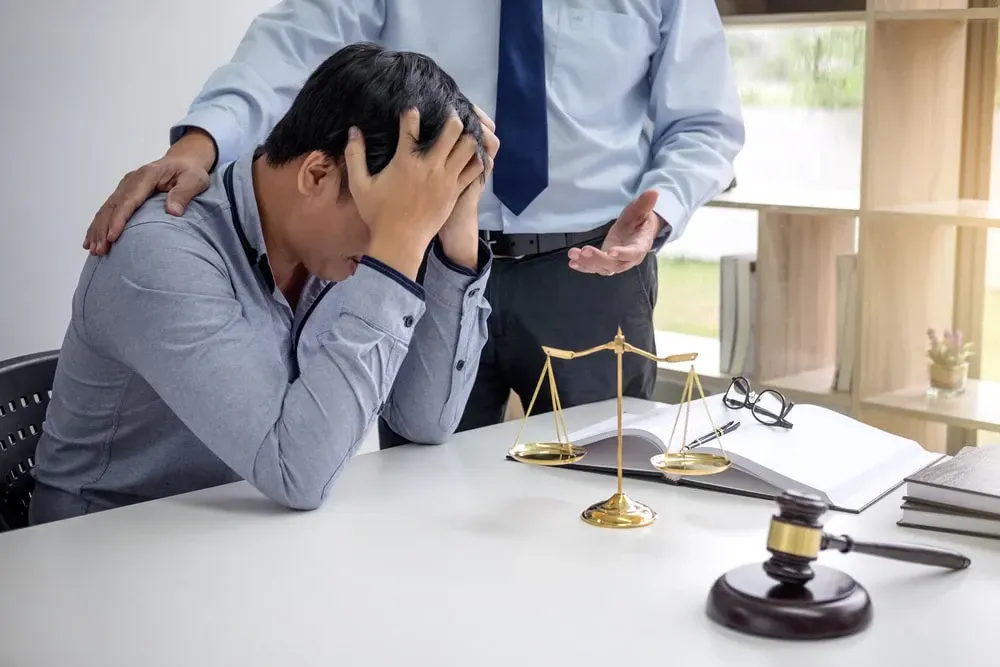
When a police report is unavailable, our team's expertise becomes indispensable in defending your rights and building a strong case. Without an official record from law enforcement, attorneys can fill the gaps by conducting thorough investigations and ensuring no critical evidence is overlooked.
Here is how our Los Angeles bicycle accident attorney team can help:
- Conduct Investigations: Attorneys dig deep to collect the necessary evidence, such as photos of the accident scene, expert accident reconstruction, and medical records, to show what happened and prove who was at fault.
- Find Witnesses and Footage: They track down witnesses, get their statements, and secure surveillance footage or any other evidence that might disappear over time.
- Handle Insurance Claims: Attorneys work directly with insurance companies to present your case clearly and push back against lowball offers or claim denials. They ensure you’re treated fairly and fight for the compensation you deserve.
- Provide Legal Support: From filing claims to going to court if necessary, attorneys guide you through every step of the legal process. They make sure you meet deadlines and follow the rules so nothing is missed.
Our attorneys' expertise can make all the difference in cases where no police report exists, giving you the support you need to build a strong case and secure fair compensation. As a leading bike accident law firm in Los Angeles, we handle even the most challenging cases without police reports.
Ride Protected, Ride Safe, with Bike Legal
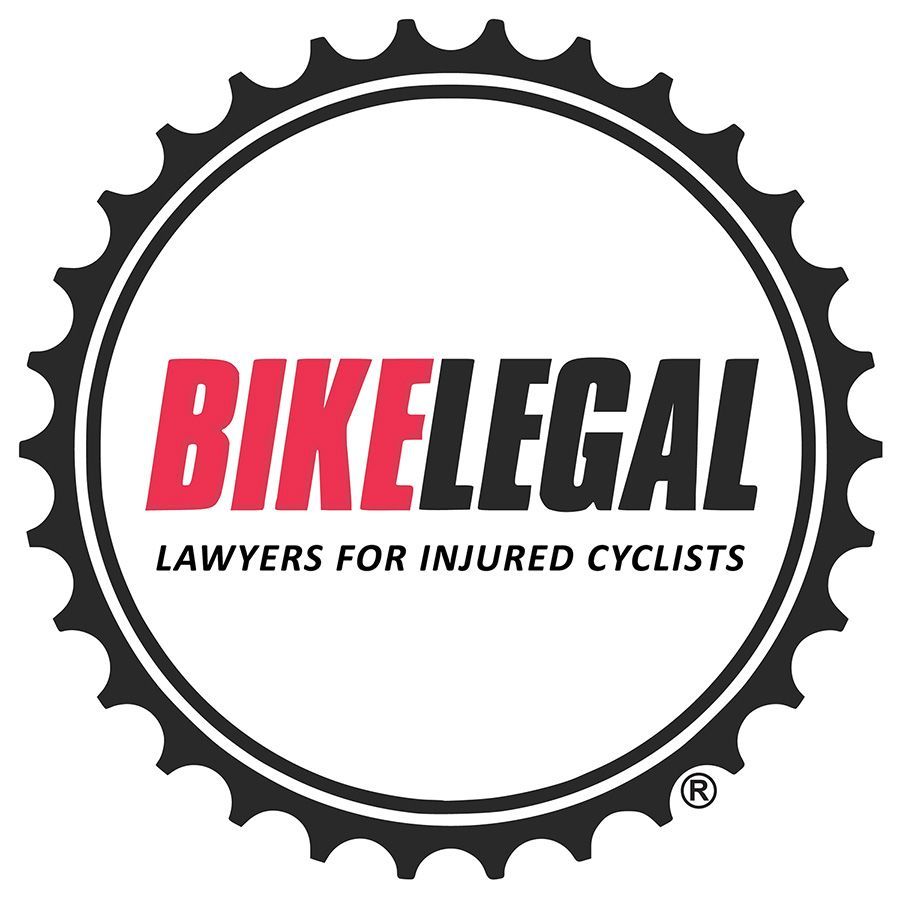
Navigating a bicycle accident in Los Angeles has become more challenging with the LAPD’s updated reporting policy. Relying on police to document your crash isn’t always an option, making self-reliance essential. Whether it’s taking photos, gathering witness information, or filing your own report, knowing what steps to take after an accident can make all the difference.
If you’ve been injured in a Los Angeles cycling accident and need legal support, don’t go through it alone. As dedicated Los Angeles bicycle accident attorneys, we understand the complexities of these cases and are here to help. From handling insurance claims to proving liability and securing compensation for your injuries and damages, our team is committed to protecting your rights.
Contact Bike Legal today for a consultation. Let us help you recover with confidence and get back to doing what you love—riding.
FAQs: Understanding Police Reports and Accident Claims in Los Angeles
1. Can I still file an insurance claim without a police report?
Yes, you can still file an insurance claim without a police report, but it may be more difficult. A police report serves as an official, third-party account of the accident, helping to establish fault. Without one, insurance companies may dispute liability or deny your claim. To strengthen your case, gather photo evidence, collect witness statements, obtain the driver's insurance details, and seek medical attention to create a documented record of your injuries. Consulting a Los Angeles bicycle accident lawyer can also help you navigate the claims process and protect your rights.
2. How long after an accident can you file a police report in California?
In California, drivers involved in an accident resulting in injury, death, or property damage over $1,000 must report it to the California Highway Patrol (CHP) or local police within 24 hours. Additionally, an SR-1 form must be filed with the California DMV within 10 days if the accident meets the same criteria. If no police report was created at the scene, you can still go to a police station to file a report yourself as soon as possible.
3. Can police refuse to take a report?
Yes, police can refuse to file a report if they determine the accident does not meet their criteria for reporting. In Los Angeles, the LAPD often does not document crashes unless there are severe injuries, criminal activity, or DUI involvement. If the police refuse to take a report, it is critical to gather your own evidence, including photos, witness statements, and driver information, and report the accident yourself to the police or CHP if necessary.
4. What is the statute of limitations in California for filing an accident claim?
The statute of limitations for filing an accident claim in California depends on the type of claim:
- Personal Injury: You have two years from the date of the accident to file a lawsuit for injuries.
- Property Damage: You have three years from the date of the accident to file a claim for vehicle or bicycle damage.
- Claims Against a Government Entity: Government claims are extremely complex. We highly recommend contacting a personal injury lawyer to assist with the process. Strict deadlines and procedural requirements apply, and failing to file correctly can result in losing your right to compensation.
To ensure your claim is filed on time and properly handled, consult a Los Angeles bicycle accident attorney as soon as possible.
